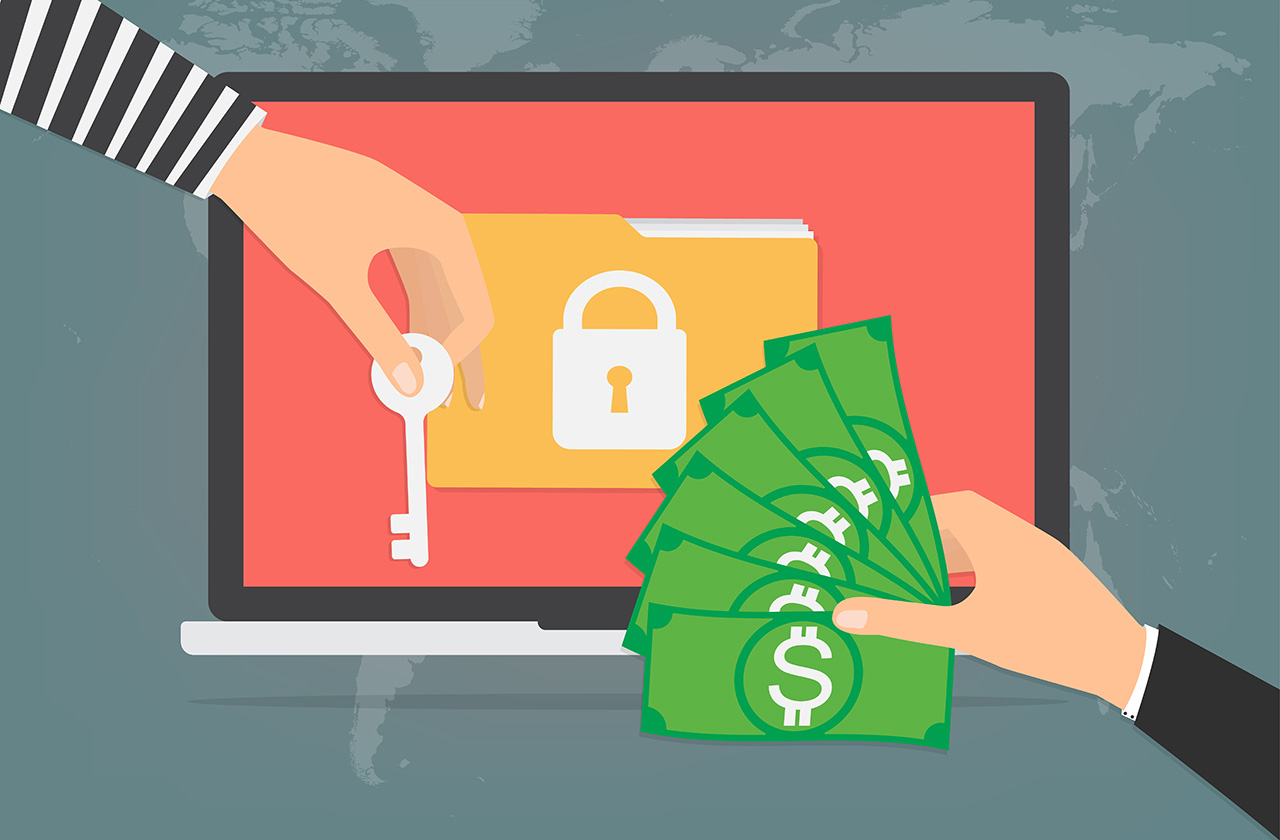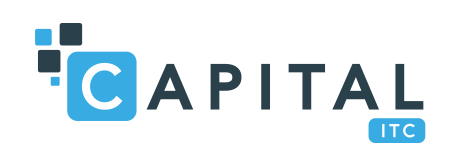
Think about all of the things in your life that you have on your computer: your pictures from that dream vacation that you took last summer, the countless hours of research that you have compiled for the business plan that you are writing, all of the music that you spent time importing and organizing into playlists. What if it was all taken away from you and the only way to get it back was to pay for it? How would that make you feel?
Unfortunately this is happening countless times everyday with malicious software called Ransomware.
What is Ransomware?
Ransomware is malicious software that is created to block access to a computer until a specific sum of money is paid. Essentially it is what it sounds like, your computer and your files are held for ransom.
There are two distinct types of ransomware:
Lock screen ransomware
Lock screen ransomware gains control of your computer by deploying a full screen pop-up over everything on your screen. These viruses will scare the user into entering their credit card information by posing as a government entity that has locked your computer because of suspiscious activity. The screens can look convincing and usually include the official logos of various government agencies. Some of them even utilize your camera to to show your face so that it gives the appearance that they are watching you. The goal of these lock screens is to convince the user that they owe some sort of fine that can be conveniently payed through the lock screen.
It is not recommended that you give out any payment information through these screens. Not only are these not government agencies, but these are criminals that you should keep any credit card or bank account information away from. In addition, you aren’t even guaranteed to get access back once you pay the supposed fine.
Encryption ransomware
A more malicious variant of these viruses, encryption ransomware, locks your personal files and encrypts them unless you pay a fee. This basically means that you can no longer access or read any of your files. Again, it is not recommended to give up your payment information. If you are infected by this virus you are at risk of losing your files. In some circumstances your files will just be hidden and not encrypted. In these cases the files can be recovered, but it is much more difficult if your files are truly encrypted. In short, if you are infected with encryption ransomware, you could lose access to your files for good.

What can be done to protect yourself?
Be Careful What You Click On
The best thing that you can do is prevent the virus from having a chance to infect your system. Common ways that the virus can infect your system is through malicious websites and email attachments. Even if an email attachment is from a close friend or relative, they could still contain a virus if that file was not created by the person that sent you the email.
Also make sure that you do not click on any links that look suspicious. Sometimes the actual destination of a link will be hidden behind different text to make it look legitimate. To tell where a link will direct you, hover your mouse above the link and look at the lower left corner of your web browser before you click the link. This will show you the destination of the link that you are hovering on so that you can make sure that it matches the link that you are clicking on.
Back Up Your Data
In the event that you do get infected and your files are encrypted or lost during the removal of the virus, it will be important to have duplicate copies of your data so that you do not lose the information on your computer that is most important to you. Regular backups should be completed to make sure that you have the most recent versions of your files. If this process becomes too tedious, you do have the option of signing up for an automatic backup service such as Capital IT’s On-line File Backup.
Stay Updated
Be sure to keep your anti-virus software up to date and run regular scans to remove any malicious files or software. The TechTeam can help you make sure you have an updated anti-virus program and all the latest security updates for your operating system.
In the event that you do become infected with one of these viruses, do not panic. The TechTeam is here to help! Just give us a call and we will help you figure out if your computer is infected and what steps need to be taken to preserve as much data as possible and remove the infection from your system.
